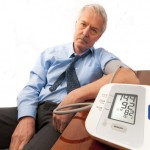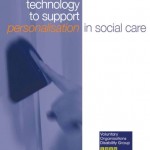
Compliance with oral hygiene measures during orthodontic treatment is important in order to prevent white spot lesions (WSL) developing. The aim of this study was to determine if there is a relationship between reminding patients of the importance of oral hygiene via weekly text message reminders sent to their parents/guardians and demonstrated oral hygiene compliance. [read the full story…]







